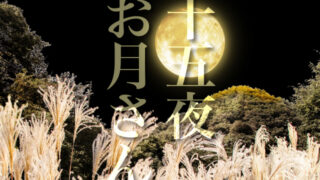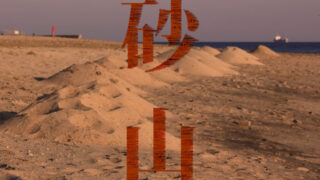
Sunayama – 砂山
"Umi wa araumi Mukou wa sado yo" - Experience the serene beauty of "Sunayama" and the harsh winter cold that will soon come. Learn its lyrics, Roman readings, and English translations, reflecting on a Sand dunes."

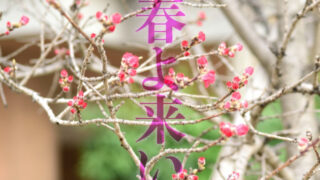
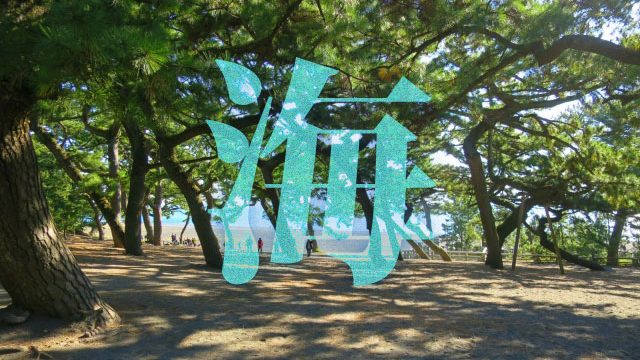
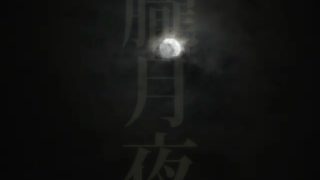 Spring
Spring 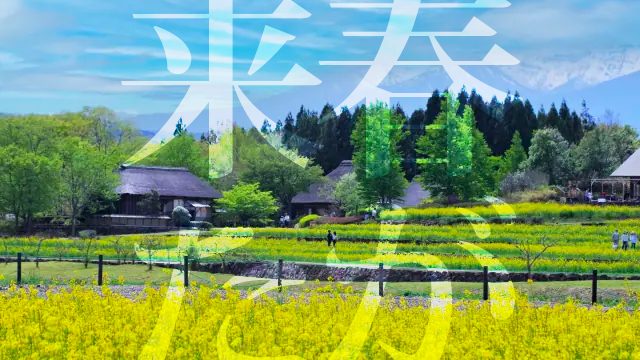
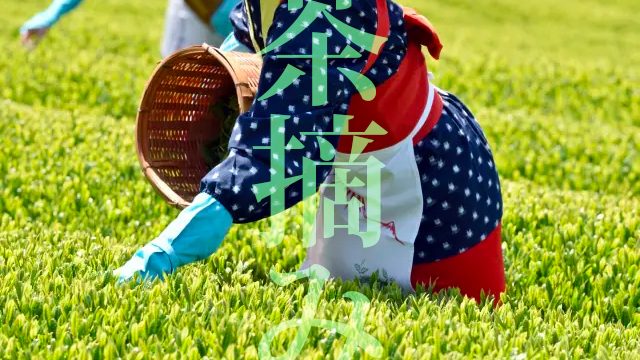
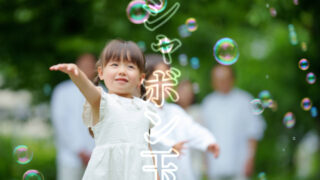 Early Summer Songs
Early Summer Songs 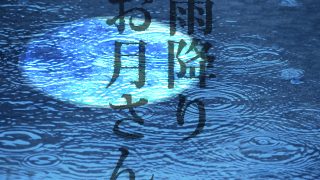 Early Summer Songs
Early Summer Songs 